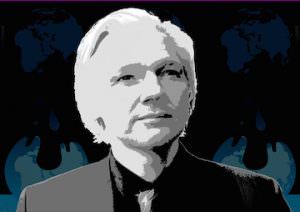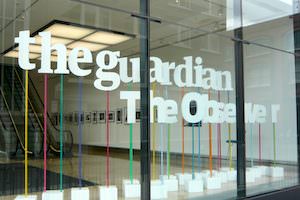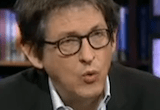Murdoch’s News Corp. Fails a Public Interest Test
“Allowing media power to be concentrated in the hands of a few multibillionaires will impoverish society,” says Alan Rusbridger, editor of The Guardian, who offers a seven-question test for whether a media organization is a potential menace to the public.
“Allowing media power to be concentrated in the hands of a few multibillionaires will impoverish society,” says Alan Rusbridger, editor of The Guardian, who offers a seven-question test for whether a media organization is a potential menace to the public.
Rusbridger points out that the inquiry into the News of the World phone hacking scandal has so far produced no legislation limiting the concentration of media ownership in the U.K. Society’s primary means of understanding itself — the press — remains vulnerable to monopolies that have no interest in the public welfare.
— Posted by Alexander Reed Kelly
Your support matters…Alan Rusbridger in The Guardian:
In the UK, there is currently more choice, but the economics of news are undergoing a fundamental revolution, so nothing should be taken for granted. There are other powerful media organisations in the UK, including the BBC. In order to gauge the potential threat, try asking seven critical questions:
a) Does it have strong internal governance? b) Is it effectively externally regulated? c) Is it subject to, and does it comply with, the law? d) Is it subjected to normal scrutiny by press and parliament? e) Does it overtly try to exert public political influence? f) Does it privately lobby over regulation or competition issues? g) Does it actively work to expose the private lives of politicians or other public figures?
On such a scorecard, the BBC would score one out of seven – in the sense that only one of the issues, f), is engaged. [Rupert Murdoch’s] News Corp would score seven.
Independent journalism is under threat and overshadowed by heavily funded mainstream media.
You can help level the playing field. Become a member.
Your tax-deductible contribution keeps us digging beneath the headlines to give you thought-provoking, investigative reporting and analysis that unearths what's really happening- without compromise.
Give today to support our courageous, independent journalists.




You need to be a supporter to comment.
There are currently no responses to this article.
Be the first to respond.